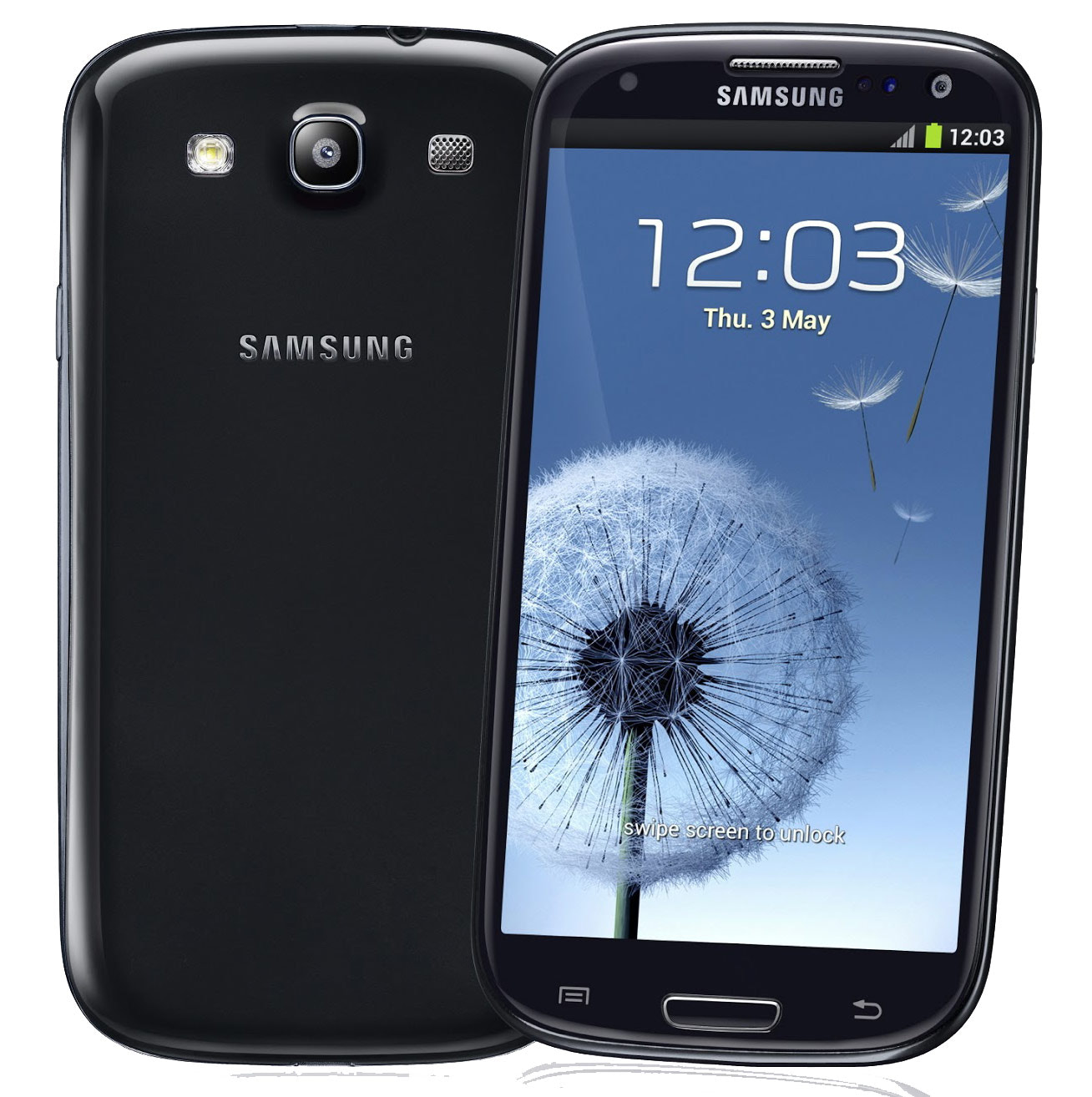 Escondido, the nearest town and post office to El Cajon Ranch, is a quaint little place with a decided Mexican atmosphere. Those California inhabitants whom we call, for convenience, “Mexicans,” are not all natives of Mexico, by any means. Most of them are a mixed breed derived from the early Spanish settlers and the native Indian tribes-both alike practically extinct in this locality-and have never stepped foot in Mexican territory, although the boundary line is not far distant. Because the true Mexican is generally a similar admixture of Indian and Spaniard, it is customary to call these Californians by the same appellation. The early Spaniards left a strong impress upon this state, and even in the newly settled districts the Spanish architecture appropriately prevails, as typical of a semi-tropical country which owed its first civilizing influences to old Spain. The houses of Escondido are a queer mingling of modern bungalows and antique adobe dwellings.
Escondido, the nearest town and post office to El Cajon Ranch, is a quaint little place with a decided Mexican atmosphere. Those California inhabitants whom we call, for convenience, “Mexicans,” are not all natives of Mexico, by any means. Most of them are a mixed breed derived from the early Spanish settlers and the native Indian tribes-both alike practically extinct in this locality-and have never stepped foot in Mexican territory, although the boundary line is not far distant. Because the true Mexican is generally a similar admixture of Indian and Spaniard, it is customary to call these Californians by the same appellation. The early Spaniards left a strong impress upon this state, and even in the newly settled districts the Spanish architecture appropriately prevails, as typical of a semi-tropical country which owed its first civilizing influences to old Spain. The houses of Escondido are a queer mingling of modern bungalows and antique adobe dwellings.
Even the business street shows many adobe structures. A quiet, dreamy little town, with a comfortable hotel and excellent stores, it is much frequented by the wealthy ranchers in its neighborhood. After stopping at the post office, Arthur drove down a little side street to a weather-beaten, unprepossessing building which bore the word “Restaurant” painted in dim white letters upon its one window. Here he halted the machine. “Oh,” said Beth, drawing a long breath. “Is this one of your little jokes, Arthur? “A joke? Didn’t we come for luncheon, then? “We did, and I’m ravenous,” said Patsy. “So there is,” admitted Arthur; “but it’s like all hotels. Louise was laughing at their doubting expressions and this care-free levity led them to obey their host’s injunction. Then the dingy door opened and out stepped a young fellow whom the girls decided must be either a cowboy or a clever imitation of one. He seemed very young-a mere boy-for all his stout little form.

“Your wife!” cried Patsy in surprise. “You think I’m an infant, only fit to play with Jane,” said he; “but I assure you I could vote, if I wanted to-which I don’t. “Why, surely you’re not the son of Andy Hahn, the steel king? “It scarcely seems possible,” declared Mr. Merrick, eyeing the rough costume wonderingly but also with approval. “How long have you lived out here? “Six years, sir. I’m an old inhabitant. During the laughter that followed this enthusiastic epigram Arthur ushered the party into the quaint Spanish restaurant. The room was clean and neat, despite the fact that the floor was strewn with sawdust and the tables covered with white oilcloth. An anxious-eyed, dapper little man with a foreign face and manner greeted them effusively and asked in broken English their commands. Arthur ordered the specialties of the house. “These friends, Castro, are from the far East, and I’ve told them of your famous cuisine. “May I join you?
visit south shop
https://maps.app.goo.gl/cAKYMmsGriJV9ERt5
